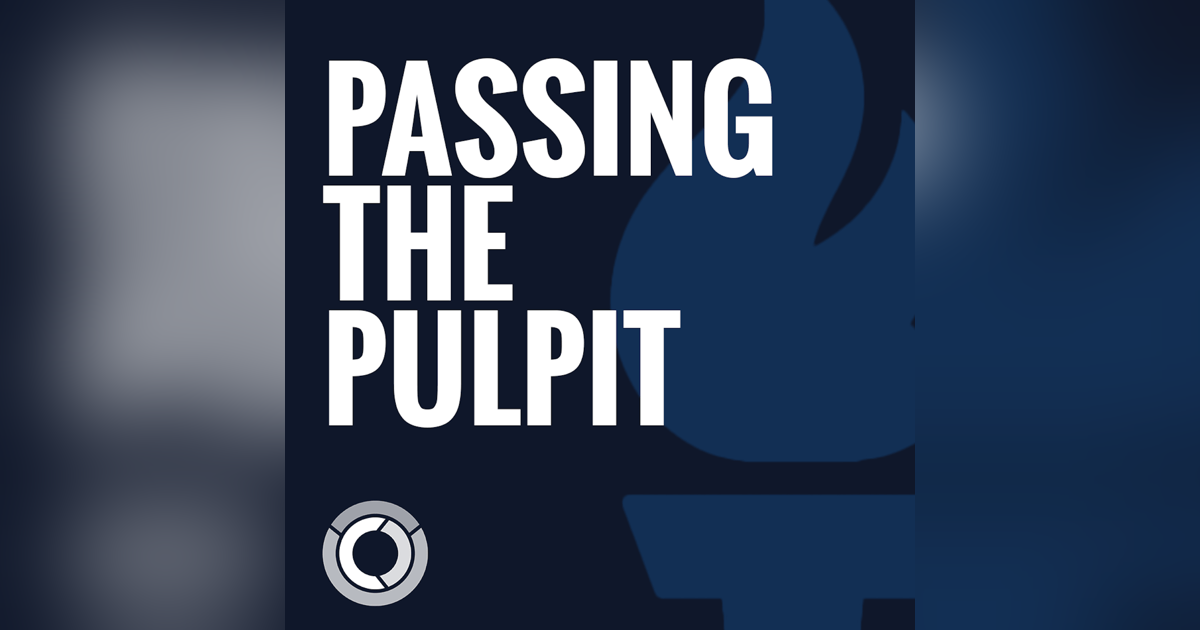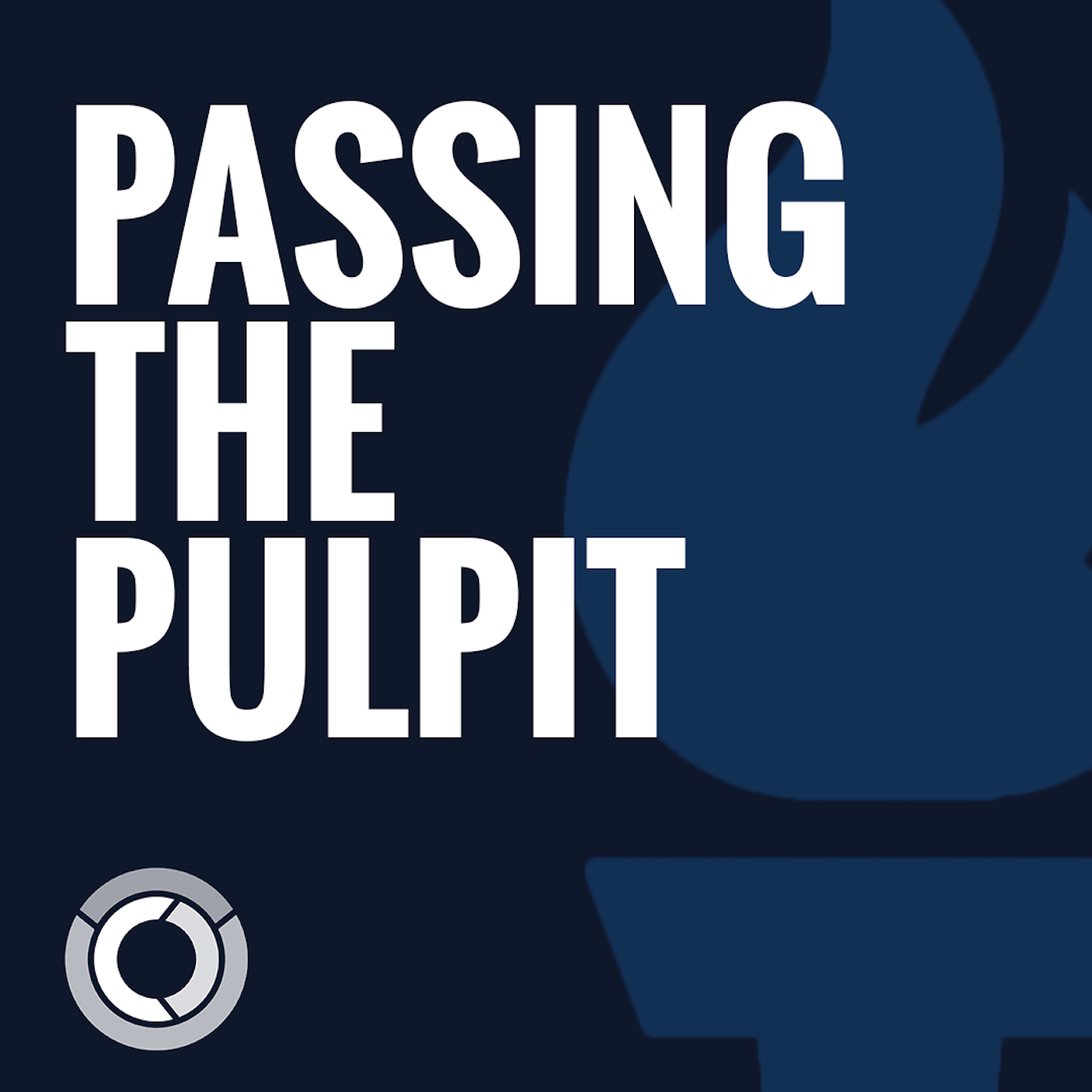The Intersection of Faith and AI


AI is shaping our world faster than most of us can keep up with—but what does it mean for the Church, for ministry, and for everyday faith? In this episode, The Intersection of Faith and AI, we sit down with Kai, a former pastor turned Senior Research Analyst at Brotherhood Mutual, who now helps organizations navigate the promises and pitfalls of artificial intelligence.
Kai's mission is to make AI accessible to everyone. After a decade in ministry and nonprofit communications, Kai joined Brotherhood Mutual in 2020, where he now works as a Senior Research Analyst in the Research & Development Department. There, he has guided his company through responsible AI adoption by creating policies, discovering use cases, and facilitating safe environments for experimentation.
In addition to his corporate work, Kai collaborates with AI in FW, a local group fostering conversation and discernment around AI in northeast Indiana. He also advises organizations on how to approach AI in ways that serve their mission, rather than distracting from it. Kai lives in Fort Wayne with his wife and their three elementary-aged kids.
You can connect with Kai on Linkedin HERE.
Follow SermonCentral on Instagram, Facebook, and Youtube
(00:02) Faith and AI
(17:18) Navigating AI and Its Implications
(25:30) The Role of AI in Faith
(41:50) Embracing AI With Intentionality